Welcome once again to our blog! In the post we have prepared today, we will analyze the origins of the word “Weightlifting”. One of the terms we decided to use to name our sports equipment brand.
Halteras is a clear tribute to weightlifting or as weightlifting is known internationally, a sport that we continue to practice today and for this reason we want to dedicate a small article to show you the unknown origins of this word.
Are you ready to travel back in time? Let’s get started!
Terminology and origin
The word Halteras (in greek, ἁλτῆρες, de “ἅλλομαι” – hallomai, “jump, bounce”; cf. “ἅλμα” – halma, “jumping”) They were a type of dumbbell used in Ancient Greece during strength and endurance training.
It is no coincidence that….
Like current dumbbells, these sports accessories were used for lifting weights and also as extra weights for long jump exercises.
According to Greek and Roman artistic representations the dumbbells were carried in both hands to allow an athlete to jump a greater distance. They were made of stone or metal and weighed between 12 and 35 kg depending on the athlete who used them.
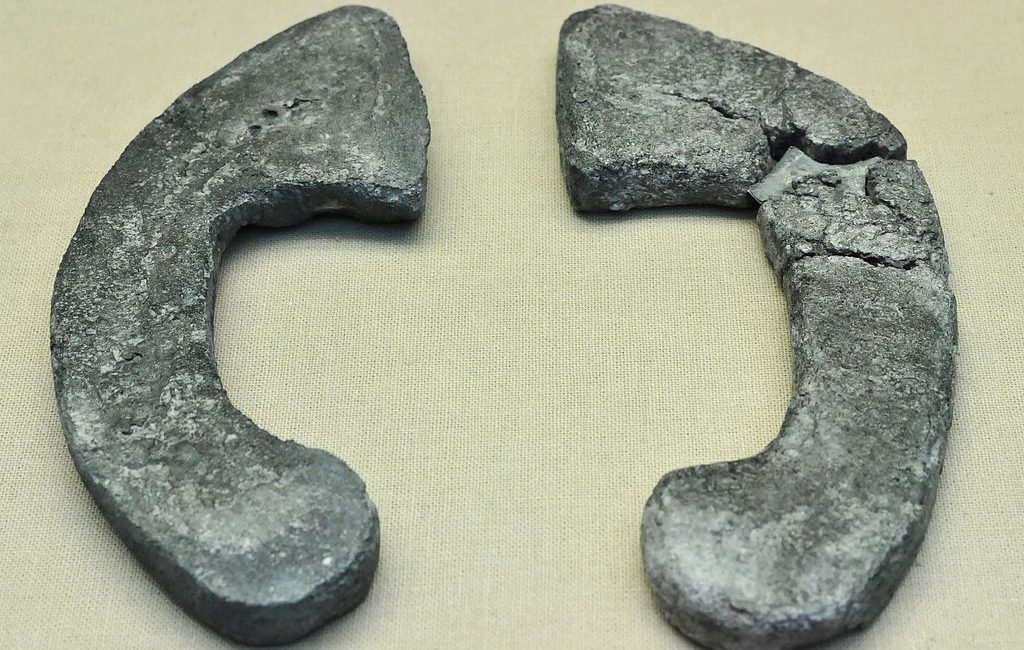
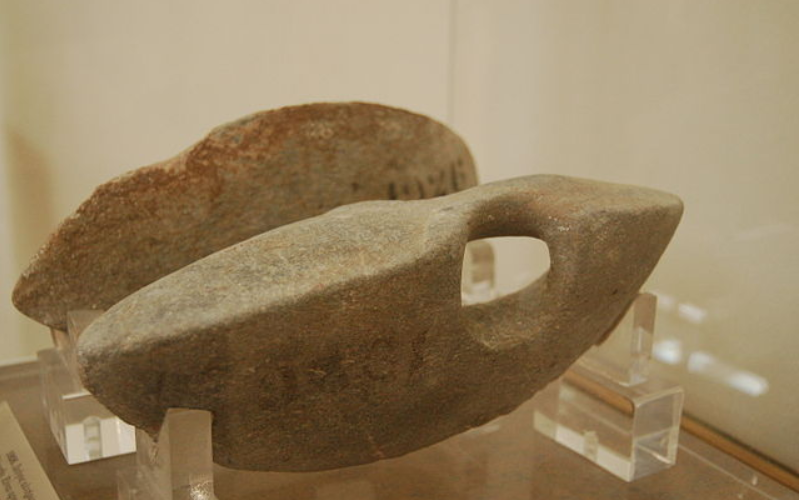
Did you know? Well, according to various investigations and studies
They have confirmed that the dumbbells, unlike the current weights, were not uniform dimensions or weights and often one of the supports had a different weight than its counterpart … so each athlete had their own set of dumbbells to train.
A Unique Ancient World Legacy for Weightlifting
Later the Romans, who like the Greeks had a great concern for physical fitness as a civic virtue, adopted the use of Greek dumbbells in their exercises as a means of strengthening the soldiers of their army.
Such was their appeal that over time they became more popularly used as training tools for high-level sporting events such as the Olympics.
Check out!
So far our post dedicated to the origins of the word “Halteras”. We hope that this little research that we have carried out will help us all to discover more about the origins of weightlifting and to know the vestiges of the legacy of our ancestors.
See you in the next post!

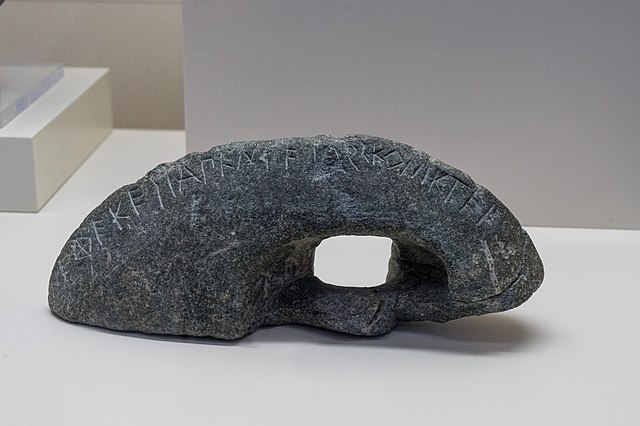
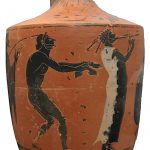
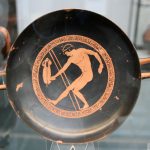
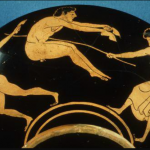
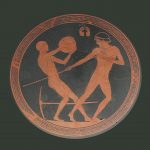
Leave a Reply